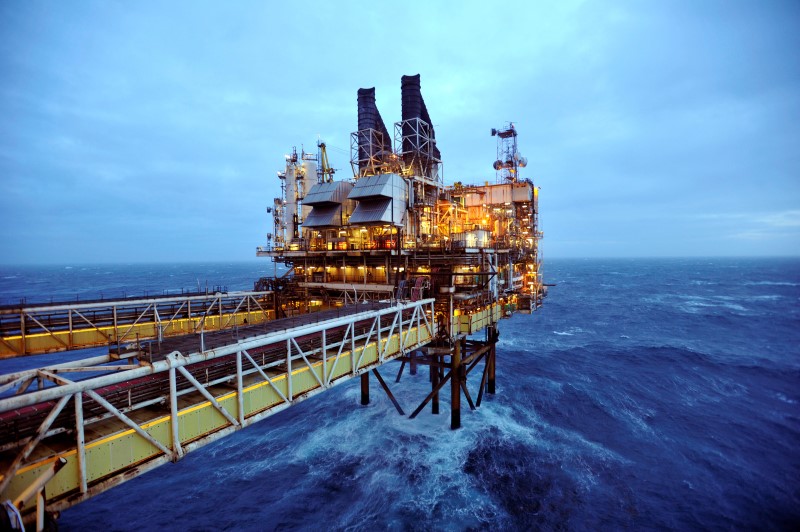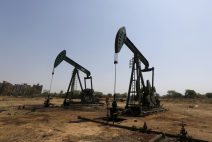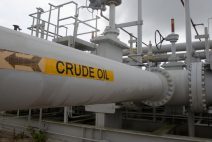Western energy majors will cut output and lose billions of dollars if Russia, as is feared, suspends a pipeline that is almost the only export route for oil from land-locked Kazakhstan, company sources, traders and analysts say.
The closure of the CPC pipeline that carries oil from Kazakhstan to the Black Sea Russian export terminal in the port of Novorossiisk would shut in more than 1% of global oil supply, exacerbating what is already the most severe energy crunch since the Arab oil embargo in the 1970s.
The pipeline, which runs through Russian territory and is owned by a consortium of Western, Asian, Russian and Kazakh companies, has been in the spotlight since Russia on Feb. 24 invaded Ukraine in what Moscow calls a "special military operation".
Last Wednesday, a court in Novorossiisk ordered CPC to suspend operations for 30 days, citing concern about oil spill management.
A Russian court on Monday overturned the ruling against CPC and instead fined it 200,000 roubles ($3,300).
The sources, however, said they still thought major disruption likely. Pipeline co-owner Russia has said all stoppages are driven by technical issues.
Storm damage in March has already interrupted flows through the 1.3 million barrels per day (bpd) oil artery, operated by the Caspian Pipeline Consortium.
Major oil companies, including Chevron, Exxon Mobil, Shell and Italy's Eni, in addition to several Russian and Kazakh firms have stakes in the CPC. Western companies also hold stakes in Kazakh oilfields.
The CPC pipeline is the route for nearly all Kazakh oil exports.
Three sources at Western oil companies operating in Kazakhstan, asking not to be named because of the sensitivity of the issue, said they expected a prolonged CPC pipeline suspension.
One trader at a Western major said such an outage would result in a decline of 50 million tonnes of oil per year (1 million bpd) because land-locked Kazakhstan has limited alternative export routes.
Many Western companies have exited operations in Russia, with oil majors among the first to leave in the days after the conflict began. Western sanctions have disrupted Russian exports and pushed up energy prices.
In response, Russia made steps towards seizing oil and gas projects Sakhalin 1 and 2, where Shell and Exxon have stakes.
A Western executive familiar with CPC operations said Sakhalin was "a definite sign of things to come for CPC".
Shortly after Russia's invasion of Ukraine, international oil prices spiked to their highest levels since the records of 2008.
They have since eased to just above $100 a barrel as the market anticipates economic weakness will lower demand, although selling has been limited by concerns of tight supplies that would be exacerbated by a cut in CPC output.



















